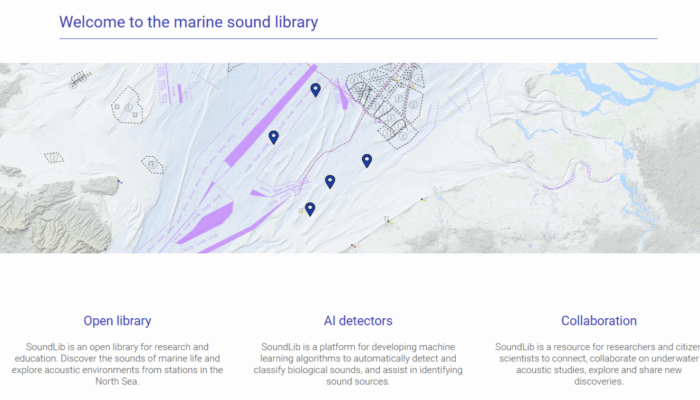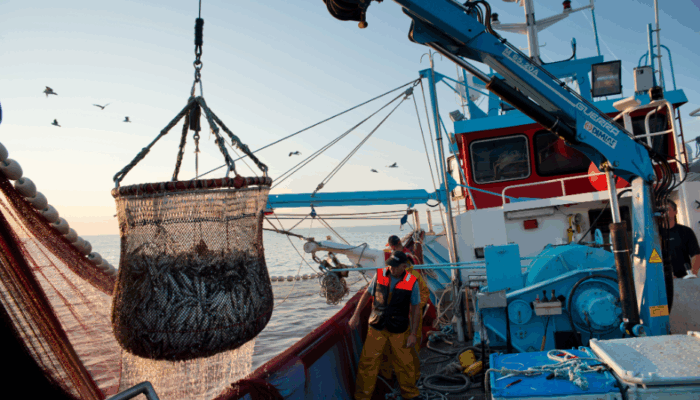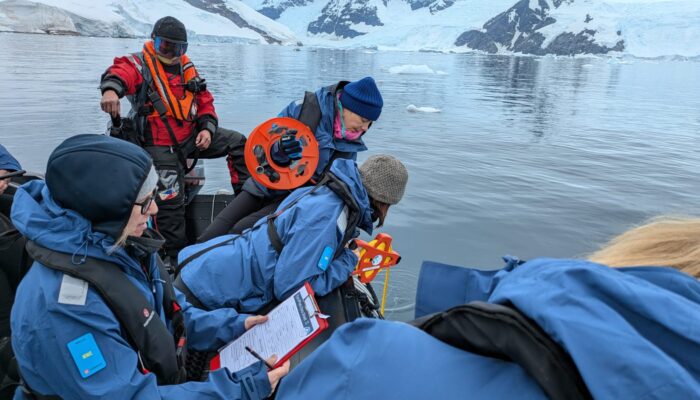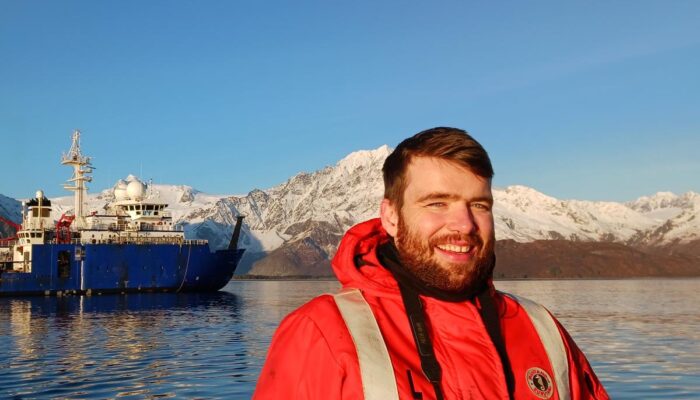We chatted with Bram Cuyx, an underwater acoustics AI research engineer at the Flanders Marine Institute (VLIZ) in Belgium, about his unique path from engineering into marine science. In this interview, he shares how he made the leap from signal processing in electronics to listening to the soundscape of the North Sea, what it’s like to build a sound library for AI, and why acoustics might b ...[Read More]
Call for input: A Fisherman’s Guide to Marine Carbon Dioxide Removal
As climate change continues to reshape our oceans, science communication remains vital to the research and development of mitigation strategies. For scientists and engineers working on climate solutions, much of the conversation happens through technical papers, conference presentations, and policy memos. But invested communities outside these circles may have little access and limited time to con ...[Read More]
The Untapped Potential of Citizen Science Onboard Expedition Cruise Vessels
Scientific work can be done not only by professional scientists but also by the general public, often in collaboration with scientific institutions. At HX Expeditions, citizens have the opportunity to contribute to scientific projects on expedition cruises. Join us as we hear from Holly Stainton, the Science & Education Coordinator at MS Roald Amundsen and HX Expeditions, about her experiences ...[Read More]
Jens Terhaar Receives the Division Outstanding Early Career Scientist Award – About His Career and Work
Jens Terhaar received the 2025 Division Outstanding Early Career Scientist Award for his research on the ocean carbon cycle and its effects on climate. We spoke with him about his career path and the work that led to this award. Since completing his PhD in 2019, Jens has made a name for himself with many publications and outreach efforts. His work is about the ocean carbon sink, ocean biogeochemic ...[Read More]




